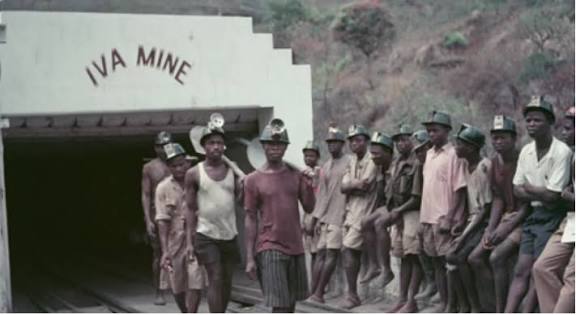
Ghanaian President Nana Akufo-Addo has launched construction of a major oil refinery, part of a $12 billion petroleum hub aimed at transforming the West African nation into a regional energy leader. The 300,000 barrel-per-day refinery is expected to become a key driver of Ghana’s development, but the ambitious project has sparked controversy.
Ghana, known as the world’s second-largest cocoa producer, entered the oil industry in 2010. Currently, the country produces about 132,000 barrels of crude oil per day, along with roughly 325 million standard cubic feet of natural gas daily.
“This project promises to be a cornerstone of our nation’s development,” Akufo-Addo declared during a ceremony in Jomoro, a southwestern city that will also host petrochemical plants.
The first phase of the petroleum hub, estimated at $12 billion, will be financed and constructed by a consortium including Touchstone Capital Group Holdings, UIC Energy Ghana, China Wuhan Engineering Co., and China Construction Third Engineering Bureau Co., according to state-owned Ghana Television (GTV).
West Africa consumes approximately 800,000 barrels of petroleum daily, with nearly 90% of that being imported, according to the African Refiners and Distributors Association. By 2036, Ghana’s new petroleum hub aims to meet the region’s demand for refined products and by-products.
However, the project has faced significant criticism. Bright Simons, Vice President of the Accra-based think tank IMANI Africa, questioned the project’s viability. He claimed the consortium behind the refinery “is not primed for investment” and argued that “the project has no bankable business plan.” He described it as a speculative effort to secure land cheaply.
Some residents of the 20,000-acre proposed site have also protested, urging the government to reduce the footprint to 5,000 acres. Oliver Barker-Vormawor, a senior partner at the law firm representing local farmer cooperatives, expressed concerns about the social and environmental impacts, including the displacement of farmers and unresolved issues surrounding land rights.
Despite these objections, the government has remained steadfast, highlighting petitions from other residents who support the project.




